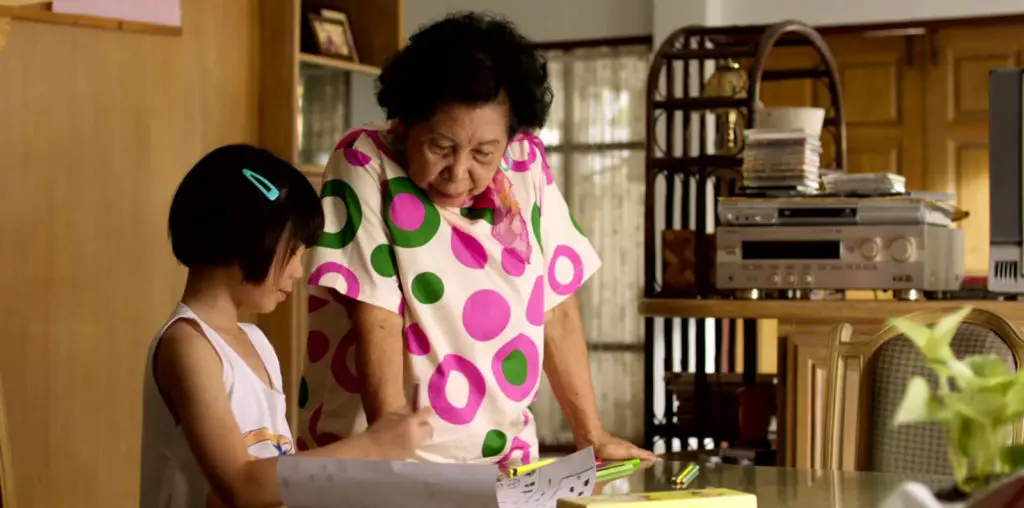
Welcome to Going Bionic #227! Before we get started, I wanted to give my deepest condolences to the friends and family of Robin Williams. From Mork and Mindy (1978-1982) to Mrs. Doubtfire (1994) to his Oscar-winning performance in Good Will Hunting (1997), Robin Williams gifted us with tsunami of creative genius that will forever be remembered.
Today we’re discussing a handful of faux pas that independent filmmakers commonly make while creating their cinematic offerings. These colossal mishaps occur time and time again, regardless of the genre or the filmmaker’s country of origin. More importantly, they deeply damage the film’s value, which is why they should be avoided at all costs. So, without further ado, let’s go over five things that should be rigorously avoided.
Too Many Close-Ups
Many low-budget indie films suffer from having an abundance of close-up shots riddled throughout the film. I’ve always thought filmmakers do this to hide their lack of set dressing and props, or to try to use the same room as different locations. While “cheating your background” is a common practice in the indie world, doing it more than sparingly will ultimately cheat your film out of a higher value.
Lack of Extras
Have you ever noticed how characters from many indie films live in cities and towns where almost no other human beings reside? That’s because many filmmakers overlook the need (and financial value) associated with having extras. While peppering your background with extras may not increase your film’s value, not having them will sharply decrease it.
Abundance of Interior Shots Induce Claustrophobia
It never ceases to amaze me how many indie films lack exterior scenes. These films shoot so many interior scenes, that it’s almost as if the outside world doesn’t exist. Thus, seeing wide-open skies, or the exterior of a location will do wonders toward curing “cinematic claustrophobia.” Remember, even sitcoms, which are usually always set indoors, utilize outdoor shots during story transitions, in order to help the episode “breathe.”
Listing Your Micro-Budget’s Amount on IMDb
Filmmakers should never list the budget of a smaller film on IMDb, because doing so will reduce the value of the film. Remember, unless your film earns a highly lucrative bidding war between two or more heavily funded distributors, film buyers are going to do everything within their power to pay as little as possible for the film. Thus, try not to give them any ammunition they can use to lower the price of their offer.
Giving Yourself Above-the-Line and Below the-Line Credits on the Same
When a filmmaker takes credits for writing, producing, and directing, as well as editing, wardrobe and craft service, it may be a good idea to only mention the above-the-line credits. Just remember, taking credit for below-the-line duties alongside the above-the-line jobs, makes the film seem really small.
I’m sure you see a common thread in these five faux pas; each one of them reduces the value of your film. With the indie film marketplace being as financially weak as it is these days, filmmakers like you have to be extra careful when it comes to making sure that you give your film its best chance to succeed.
On that note, I’d like to thank you once again for lending me your eyes, and as always, I look forward to borrowing them again next Tuesday. Until then, have a great week. I can be followed on Twitter @Lonelyseal.

